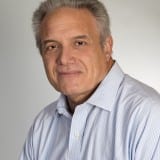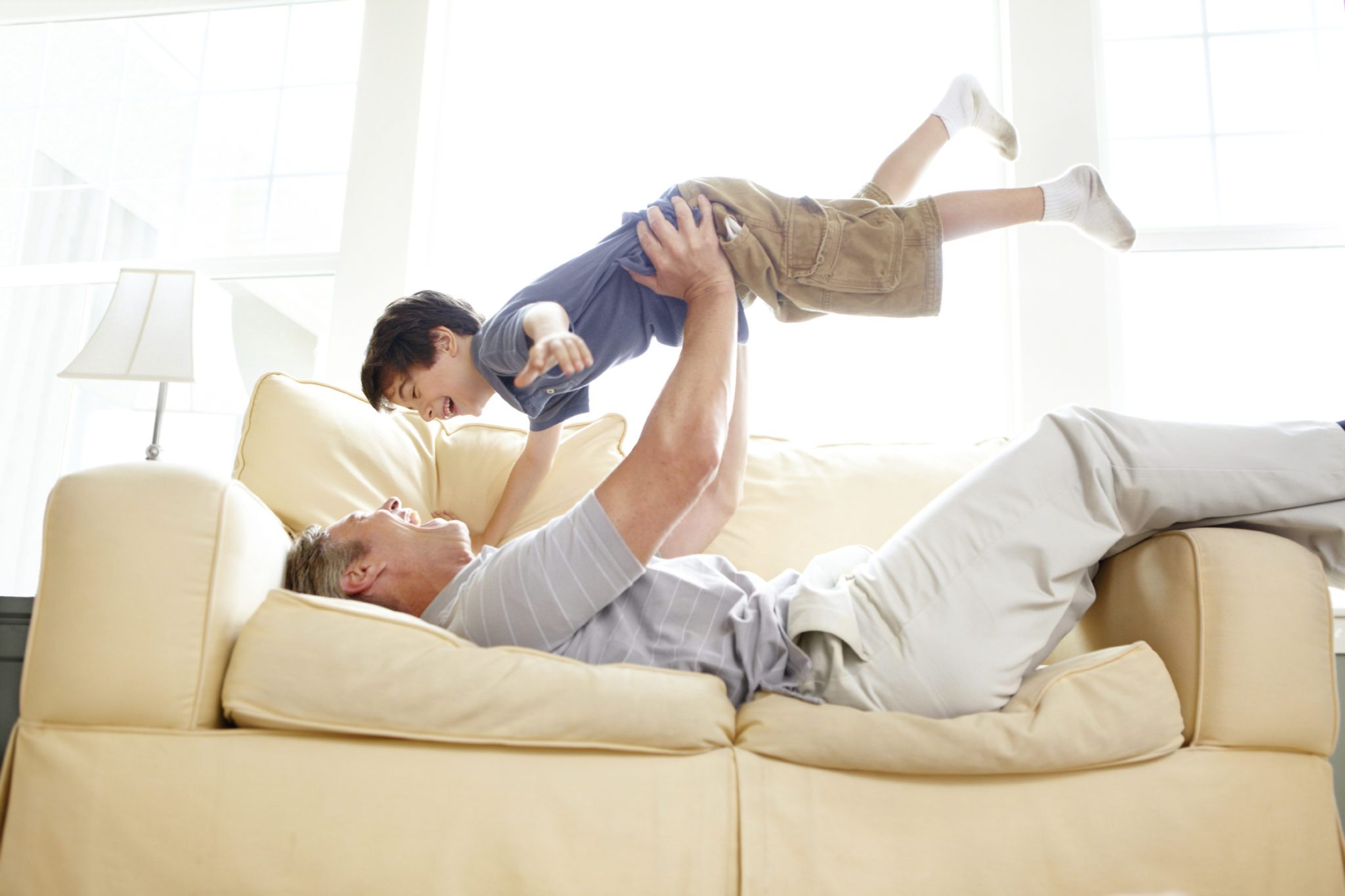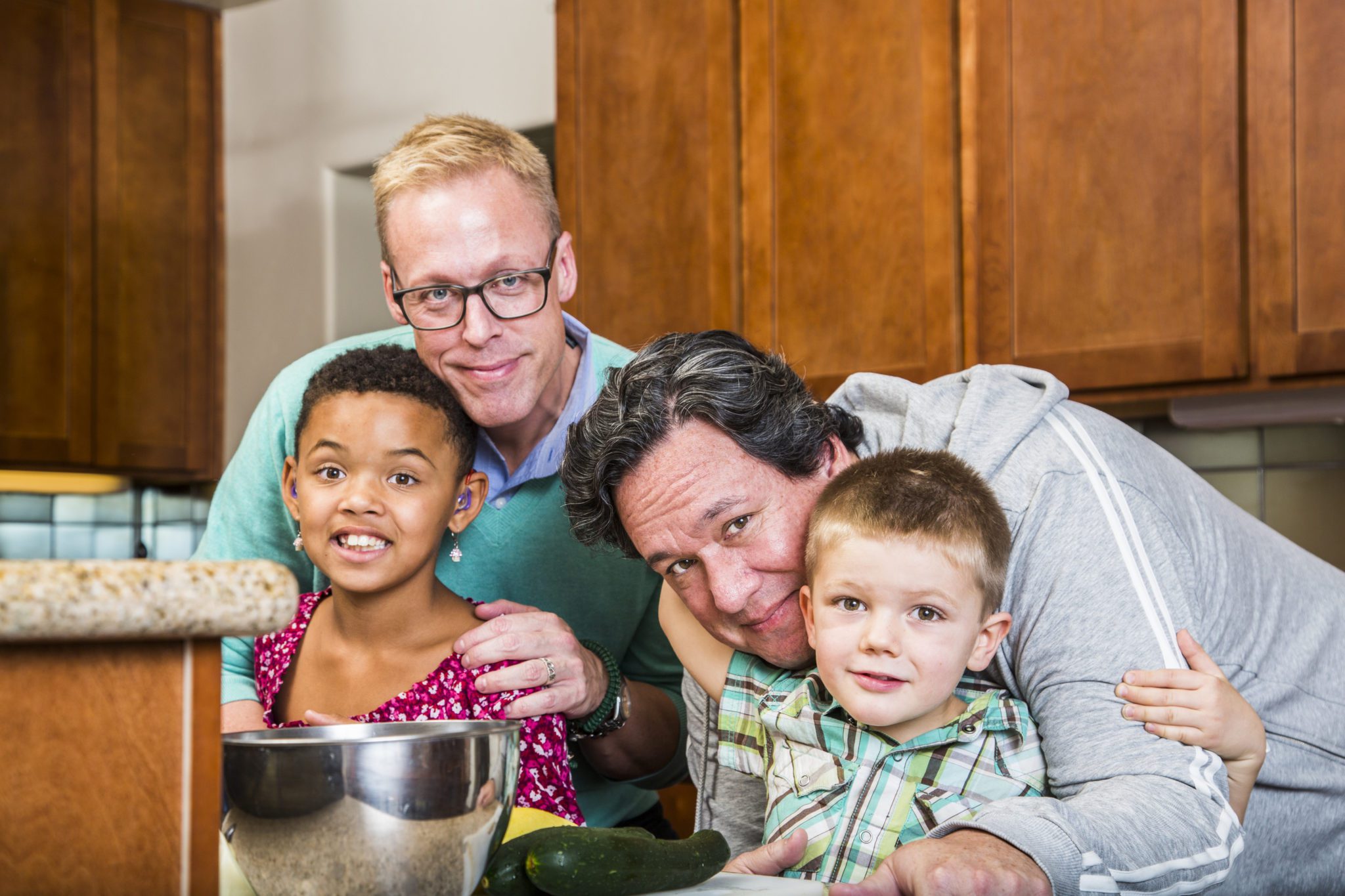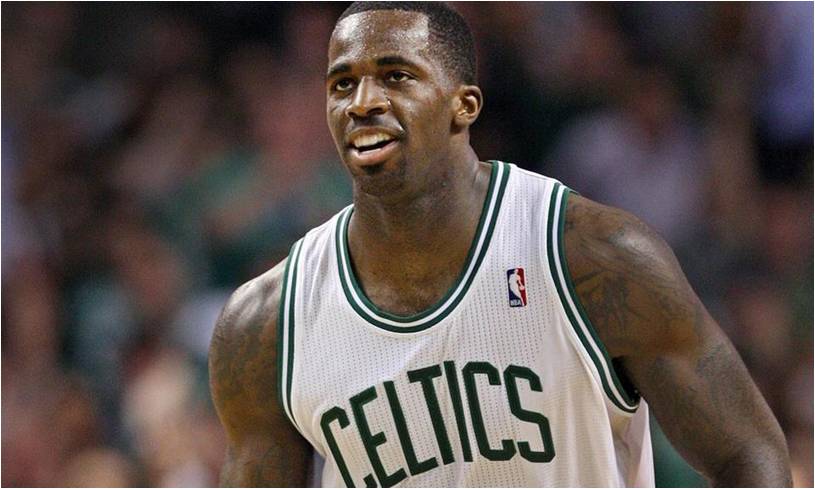Father’s Day And The Evolving Role of Dad
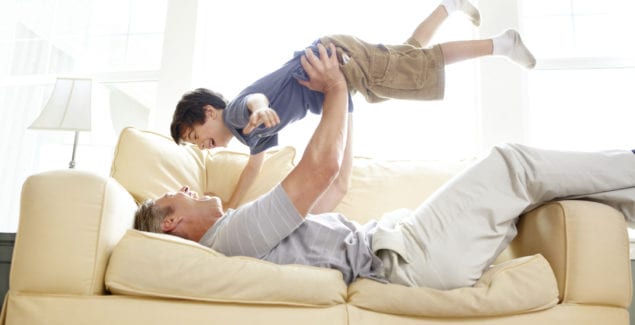
Posted in: You & Your Family
Topics: Relationships
There is a quiet revolution occurring before us in the U.S.—it’s hiding in plain sight. We are told that the YMCA in Spokane, Washington, was the site of the first Father’s Day celebration in 1910; that Lyndon B. Johnson was the first to make an official presidential proclamation honoring Father’s Day in 1966; and, finally, that Richard Nixon declared the day a national holiday in 1972. But surely the father honored in 1910 or even in 1972 differs from many of the fathers we honor today.
As I walked about some southern cities this past weekend, I noticed 20-and-30-something fathers with babies strapped to their chests, and older children clinging to their hands. I saw fathers, with and without mothers, take primary responsibility for their children; fatherhood was flattering to them.
Catherine Dulac, a researcher at Harvard Medical School, taught us in a recent study that male mice, often known for feasting on their young, actually have the same neural circuitry for parenting that female mice have. These neural circuits can be active (turned on) or repressed (turned off) based on the frequency of their use—which explains why male mice have also been observed building nests and protecting the pups.
In her study, Catherine Dulac stated that these circuits are “likely present in humans.” We know this anecdotally as we observe the nurturing behavior that is developing during our quiet revolution of changing social roles.
As the feminist movement and changing economic trends have allowed women to seek satisfaction and success in the work world, men, either out of necessity or preference, have increasingly stepped up to handle childcare. The Pew Trust tells us that in over five million households, women now earn more than men; with Pew’s assessment projecting faster growth among jobs that women have traditionally held, we can perhaps predict that men will be called on more and more to become the front line of childcare. Some have natural abilities, but many need help developing their fathering or parenting skills.
We can also learn about changing parenting trends from one of my colleague’s children, who was primarily cared for by his father the first 18 months of life (in this case because his mother was caring for an ill parent). His younger brother, born two years later, was cared for primarily by their mother. One day, when the older boy was 7, he went to sit on his mother’s lap. His younger brother, in a moment of jealousy, shouted, “Get off her lap! Mommy is MY mother, and Daddy is YOUR mother.” This comment reflects the young boy’s idea that nurturing can come from both mothers AND fathers. In other words, if Daddy is a nurturer, he must be your mommy. This vignette reflects parental roles in transition at their best and most personal.
Now, no one is suggesting that all fathers become nurturers only; but, social roles are changing, and a broader array of fathering skills are beginning to come into play. We can continue to applaud the fathers who see themselves as the breadwinners, protectors, and carriers of moral judgment within the family (the “traditional” definition of fatherhood)—especially if this role serves our mothers and children well, as it often does.
We need to be our brother’s keepers by continuing to develop programs to repair the post-war damage in our inner cities, damage that has left 23% of our children—49% African American, 26% Hispanic, and 18% white, according to the 2015 Census Report—growing up without the benefits of a father in the house. And, 43% of families led only by single mothers live below the poverty line. We fathers are critical to our families and our children. I am calling on all fathers to become emotionally engaged with your children—to know them, and to allow them to know you. Let’s not leave our children with the emotional longing, pain, and anger that can turn destructive. You can help fulfill your “fatherneed,” which Kyle Pruett has termed the mutual need between father and child.
On this Father’s Day, let’s all honor the fathers who are nurturing, front-line caretakers—some by choice, and some by necessity. And, let’s also honor the fathers who express their love through playing with their children, and working hard to support their family.
As Catherine Dulac concluded, “…We can now say, yes, dads can do it.”


 Share
Share Tweet
Tweet